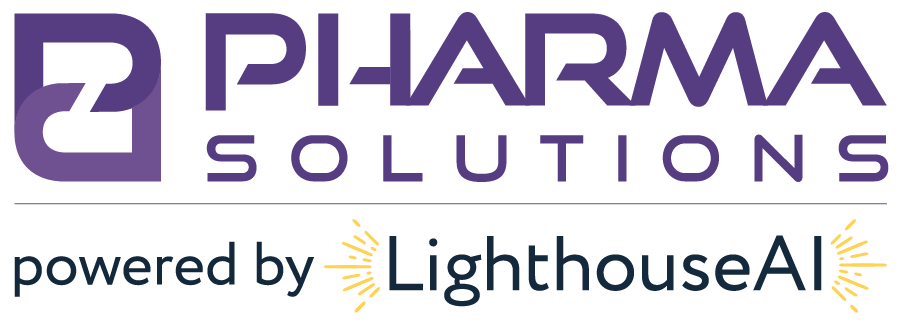NABP Accused of Enforcing ‘Shadow Regulation’ Twice in 3 years
NABP is a private organization that mostly earns revenue by offering various services and software platforms to the Boards of Pharmacy, and accreditations and inspections to the drug and device supply chain. Due to their unique standing between industry and government, as well as their ability to enforce their own standards (e.g. denying accreditation or dotPharmacy certification), adversely affected industry entities are forced to the court system for recourse.
Anti-Trust Allegations
In a 2019 lawsuit, PharmacyChecker.com sued NABP and other entities for using their verification platform, “dotPharmacy,” to enforce “shadow regulation” on their business. Allegedly, they took this action in an effort to benefit their own pharmacy verification site and to advance the interests of other groups named in the lawsuit.
Per the NABP website, the NABP reviews “pharmacies with an online presence and medication-related websites to ensure that they are properly licensed and follow applicable laws and business best practices.” The issue is that many times with NABP accreditation and other NABP programs, there is not a law that the NABP is forced to abide by; and that can often feel subjective to industry participants that are forced to comply with NABP’s arbitrary standards. Additionally, because there is no statute or governing body, there is little to no recourse for companies adversely affected by NABP programs besides a civil suit.
The case has progressed relatively normally – various motions to dismiss, as well as challenges of venue. However, earlier in 2021, Judge Kenneth M. Karas delivered a blow to NABP and the other defendants by:
- Denying their motion to dismiss
- Agreeing that PharmacyChecker.com provided “circumstantial evidence of a conspiracy”
- Contemplating that the actions of the defendants could have been “misinformation campaigns”
These controversies continue in the face of other activities – including their opening of a consulting arm, something for which the Joint Commission was forced to field a CMS probe.
PharmacyChecker.com, LLC v. N.A. of Boards of Pharmacy, No. 19-CV-7577 (KMK) (S.D.N.Y. Mar. 30, 2021)
Optum Rx Lawsuit
In September 2016 Optum Rx added a new policy for their network pharmacies that required them to only purchase product from drug wholesalers that had received accreditation from the NABP. Shortly thereafter, the NABP, along with Optum Rx, was sued by a consortium of wholesalers because they perceived the requirement as enforcing “shadow regulation” without a formal rulemaking process. The consortium did not agree with the requirement mostly for two reasons: because the significant time that it takes to achieve accreditation (there are horror stories of the process taking over 3 years), and/or because NABP standards are arbitrary in that they do not correspond to legal statutes.
The wholesalers used a very specific line of reasoning in their lawsuit, specifically that the Administrative Procedures Act (APA) requires a formal rulemaking process. With Optum Rx adding and enforcing an arbitrary accreditation requirement, they were effectively rulemaking, due to their reach, but did so without going through the rulemaking process in violation of the APA.
The lawsuit was ultimately settled when Optum Rx offered to provide waivers to all plaintiffs, and a subsequent lawsuit for those that did not settle fizzled out.




0 Comments